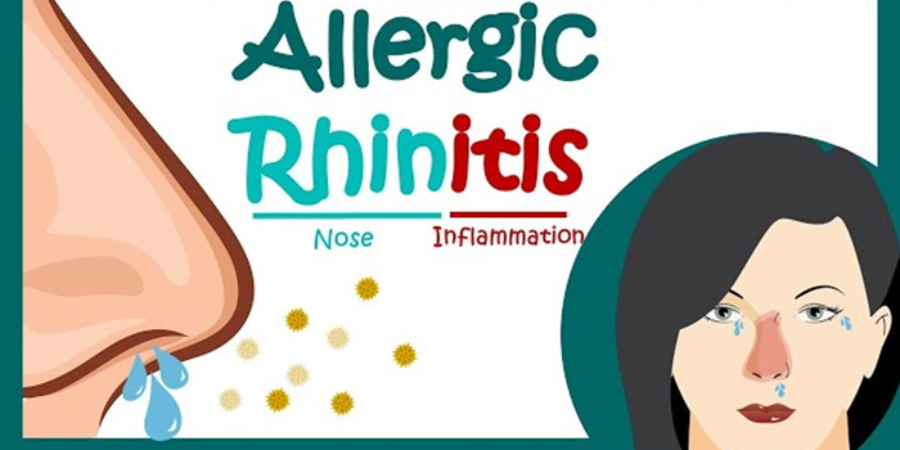

Allergic rhinitis and sinusitis are two of the most common conditions affecting millions worldwide. Often misunderstood and left untreated, these ailments can severely impact one’s quality of life. Consulting allergy doctor specialist is essential for diagnosing , managing and finding lasting relief from these conditions.
Allergic rhinitis, often referred to as hay fever, occurs when the immune system overreacts to allergens such as pollen, dust mites, mold or pet dander. This overreaction triggers symptoms like sneezing, nasal congestion, runny nose and itchy eyes. Seasonal allergic rhinitis is linked to outdoor allergens, while perennial allergic rhinitis can occur year round due to indoor allergens.

Sinusitis, commonly known as sinus infection, occurs when the sinuses become inflamed or swollen. This can result from a viral infection, bacterial infection or allergies.
Chronic sinusitis lasts more than 12 weeks and is often linked to underlying issues such as nasal polyps or untreated allergic rhinitis.
The symptoms of sinusitis include :-
Allergy doctor specialists play a vital role in differentiating sinusitis from other conditions and similar symptoms. With their expertise, they can recommend appropriate treatments like decongestants, nasal corticosteroids, or even advanced therapies for chronic sinusitis.
Visiting Allergy Doctor Specialists ensures a comprehensive evaluation and effective management plan. The diagnostic process begins with a detailed medical history and physical examination. Advanced imaging or allergy tests may also be employed to root cause of the symptoms.
Treatment for allergic rhinitis may include :
For sinusitis, treatment options depend on whether the infection is acute or chronic. Antibiotics are prescribed for bacterial sinusitis, while saline nasal irrigation and steam inhalation help relieve congestion.
Prevention Tips for Allergic Rhinitis
Taking preventive measures can significantly reduce the frequency and severity of symptoms.
Allergic rhinitis and sinusitis are manageable conditions when addressed promptly. Seeking guidance from allergy doctor specialists is the first step towards effective relief and improved quality of life. These professionals not only provide accurate diagnosis but also offer tailored treatment plans to tackle the root causes of your symptoms.
